To Know The Truth About The Tradition Of Ugadi
We can see here the tradition, rituals and the history of Ugadi and also mentioned about the Ugadi wishes in kannada, hindi and telagu also. Here is the Brief introduction about the Ugadi.
In the vast tapestry of Indian culture, Ugadi stands as a vibrant thread, woven with rich traditions, deep-rooted customs, and profound symbolism. Celebrated predominantly in the states of “Karnataka, Andhra Pradesh, and Telangana”, Ugadi marks the beginning of a “new year” according to the lunisolar calendar. “Ugadi is new year for hindu’s” we call it as hindu new year. On this day we people checking for the moon then only we will have food. While the festivities are often characterized by elaborate rituals, sumptuous feasts, and joyous gatherings, the essence of Ugadi transcends mere revelry. It embodies a profound philosophy, encapsulating the cyclical nature of existence, the significance of introspection, and the eternal pursuit of truth. In this exploration, we delve into the depths of Ugadi, seeking to unravel its true essence and understand the truths it holds.
We Can See Some Other Things Related Ugadi
-
Historical and Cultural Significance
-
Ugadi Date 2024
-
Ugadi Puja Ideas
-
Modern Relevance of Ugadi
-
Rituals and Traditions
-
Philosophical Underpinnings
-
The Symbolism of Ugadi
1. Historical and Cultural Significance
To comprehend the essence of Ugadi, it is imperative to delve into its historical and cultural significance. The origins of Ugadi can be traced back to ancient times, rooted in the celestial movements of the sun and moon. It marks the onset of Chaitra, the first month of the Hindu lunar calendar, signifying the transition from one cosmic cycle to another. The word "Ugadi" itself is derived from two Sanskrit words - "Yuga" meaning era or age, and "Adi" meaning beginning. Thus, Ugadi heralds the commencement of a new era, symbolizing rejuvenation, renewal, and the cyclical nature of time.
Beyond its astronomical connotations, Ugadi is deeply intertwined with mythology and folklore. According to Hindu mythology, it is believed that Lord Brahma, the creator of the universe, commenced his creation on this auspicious day. Thus, Ugadi holds profound spiritual significance, symbolizing the genesis of life and the eternal cycle of creation and destruction.
Furthermore, Ugadi is celebrated with unique regional variations, each adding its own flavor to the festivities. In Karnataka, it is known as "Yugadi," while in Andhra Pradesh and Telangana, it is referred to as "Ugadi." Despite these regional differences, the underlying ethos remains consistent - the celebration of new beginnings, the reflection on past deeds, and the anticipation of a prosperous future.
2. Ugadi Date 2024
In the year of 2024, the Ugadi is on 8th and 9th of April 2024. Casually we celebrate Ugadi for 2 days. The 1st day of Ugadi is – Ugadi Amavasya, on this day we used to do the Goddess Laxmi Puja and the Devi Aaradhana. On this day we make “Bevu-bella” with the help of Neem and Jaggery. We used to do the baath with The leaves of the Neem on this day. Some people usually go for searching of Greater Coucal, popularly known as Bharadwaj or Ratna Pakshi is considered a momentous event in Indian culture. Believed to bring good luck, the appearance of this jewel bird is often regarded as a blessing from the divine.
On second day off Yugadi - We call it as Ugadi Padya or Yugadi Padya. The functions are need to be done on this day, like new works will be casually start on this day.
Some of the functions and puja are listed below :
- Griha Pravesh Or Home Ceremony
- Ayush Homa or puja
- Satya Narayana Puja
- Ganapati puja or Ganapati Havan
- Engagement ceremony
- Puja and Parayana
- Chandi and Dhanavantri homa and havan
3. Ugadi Puja Ideas
No Ugadi decoration is complete without the traditional and specific decor items of fresh flowers, mango leaves, neem leaves, and a banana tree. These four items form part of Ugadi theme decorations and are used to adorn the entryway of a house.
The Goddess laxmi Puja we need to perform. Performing aarthi and the senior most lady of the family applying Haldi and kum-kum on the foreheads of all members. Offering flowers of Neem, Tamarind and Jasmine to Gods. The steps followed in the puja are;Abhisheka, Alankara, Naivedya and Mangalarathi. After the Puja need to read the Devi Book and Offering Udi to the married ladies casually we do it for 5 ladies or 7 or 9 ladies or we call them as “Muthaide”. And serving food to them can completes this Puja.
4. Rituals and Traditions
Central to the celebration of Ugadi are a myriad of rituals and traditions, each imbued with symbolic significance. The preparations for Ugadi typically commence weeks in advance, with homes being meticulously cleaned and adorned with intricate rangoli designs. On the day of Ugadi, families wake up before dawn to perform the ritualistic oil bath, symbolizing the purification of the body and soul.One of the most iconic rituals associated with Ugadi is the preparation of the traditional dish, "Ugadi Pachadi." This unique concoction is a harmonious blend of six tastes - sweet, sour, bitter, salty, tangy, and spicy, symbolizing the various facets of life. As individuals partake in the Ugadi Pachadi, they are reminded of the complexities of existence and the need to embrace life in its entirety
Another customary practice during Ugadi is the reading of the "Panchanga," or the Hindu almanac. The Panchanga provides insights into auspicious timings, celestial alignments, and astrological forecasts for the upcoming year. Families gather around to listen attentively as the Panchanga is read aloud, seeking guidance and blessings for the year ahead.
5. Philosophical Underpinnings
Beyond the outward manifestations of rituals and traditions, Ugadi embodies profound philosophical underpinnings that resonate deeply with the human experience. At its core, Ugadi is a celebration of time - not merely as a linear progression, but as a cyclical phenomenon encompassing birth, growth, decay, and regeneration. It reminds us that life is a continuum, where every ending heralds a new beginning, and every setback paves the way for growth and evolution.
Moreover, Ugadi underscores the importance of introspection and self-reflection. As individuals usher in the new year, they are encouraged to contemplate their past actions, acknowledge their shortcomings, and resolve to embark on a path of self-improvement. This introspective journey is akin to the cleansing ritual of the oil bath, purifying the mind and spirit in preparation for the journey ahead.
Furthermore, Ugadi fosters a sense of interconnectedness and community. It is a time when families come together to celebrate, reconcile differences, and strengthen bonds of kinship. In a world marked by increasing fragmentation and isolation, Ugadi serves as a reminder of the inherent unity that binds us all and the importance of collective harmony.
6. The Symbolism of Ugadi
Central to the celebration of Ugadi are a plethora of symbols and motifs, each carrying profound significance and deeper meaning.
Neem and Jaggery: The bitter-sweet taste of Ugadi Pachadi symbolizes the dualities of life - joy and sorrow, success and failure, pleasure and pain. Just as the flavors blend harmoniously in the Pachadi, so too must one embrace the ups and downs of life with equanimity and grace.
New Clothes and Decorations: The wearing of new clothes and the adornment of homes with vibrant decorations signify renewal and rejuvenation. It is a visual manifestation of shedding the old and welcoming the new, symbolizing optimism, hope, and the promise of a brighter future
Mango Leaves and Coconut: These traditional adornments are symbolic of prosperity and abundance. They represent the fruition of one's efforts and the bountiful blessings bestowed by nature. By incorporating these symbols into the festivities, individuals express gratitude for the blessings received and invoke divine favor for the year ahead.
Rangoli Designs: Intricate rangoli designs, created using vibrant colors and geometric patterns, adorn the thresholds of homes during Ugadi. These ephemeral artworks symbolize the transient nature of life and the impermanence of worldly pursuits. They serve as a reminder to cherish the beauty in fleeting moments and to find joy in the journey itself, rather than fixating on the destination.
7. Modern Relevance of Ugadi
In an era characterized by rapid globalization, technological advancement, and cultural homogenization, the celebration of traditional festivals like Ugadi takes on added significance. In the midst of societal upheaval and existential uncertainty, Ugadi offers a sanctuary of stability and continuity. It serves as a cultural anchor, grounding individuals in their shared heritage and fostering a sense of belonging amidst the tumult of change.
Moreover, Ugadi holds timeless wisdom that is relevant to contemporary challenges and aspirations. In a world plagued by environmental degradation and social discord, the ethos of Ugadi - reverence for nature, harmony with one's surroundings, and respect for diversity - offers a blueprint for sustainable living and collective well-being.
Furthermore, Ugadi serves as a catalyst for intergenerational dialogue and transmission of cultural knowledge. As elders recount age-old traditions and stories passed down through generations, they impart invaluable wisdom to the younger members of society, fostering a sense of continuity and cultural pride.
Conclusion
In conclusion, Ugadi transcends mere festivity; it is a tapestry woven with threads of history, culture, philosophy, and symbolism. Through its rituals and traditions, Ugadi offers profound insights into the human condition, reminding us of the cyclical nature of time, the importance of introspection, and the eternal quest for truth. As we celebrate Ugadi year after year, let us not only revel in the festivities but also pause to contemplate its deeper significance. For in the essence of Ugadi lies a timeless wisdom that illuminates the path to fulfillment, harmony, and spiritual awakening. As the sun sets on another Ugadi celebration, let us carry forth its teachings into the new year, embracing life's myriad experiences with gratitude, resilience, and an unwavering commitment to truth.



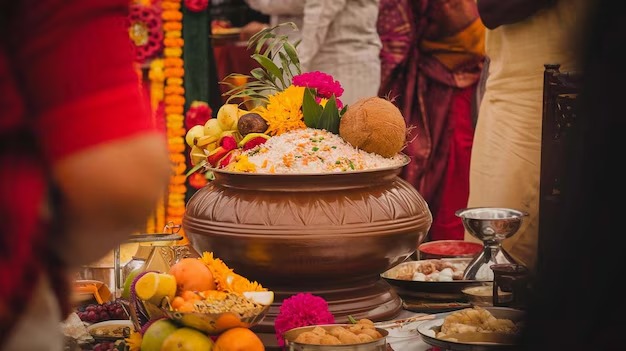
.png)
 By -
Admin
By -
Admin 10 comments
10 comments 0 views
0 views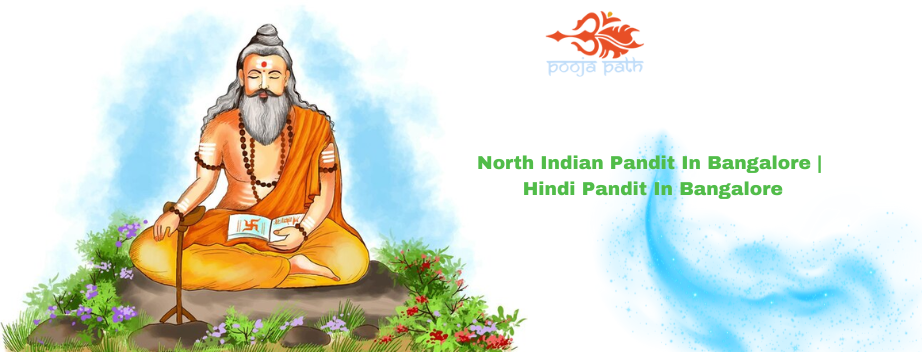

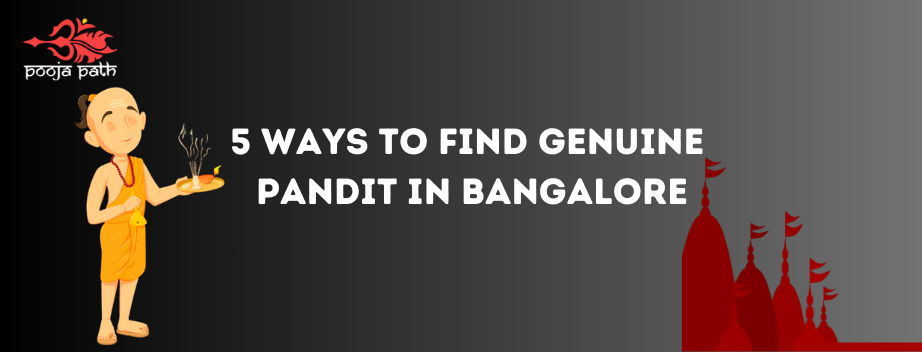

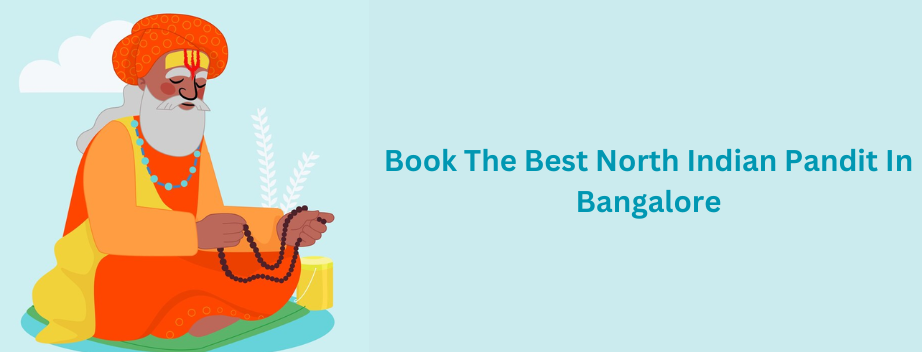



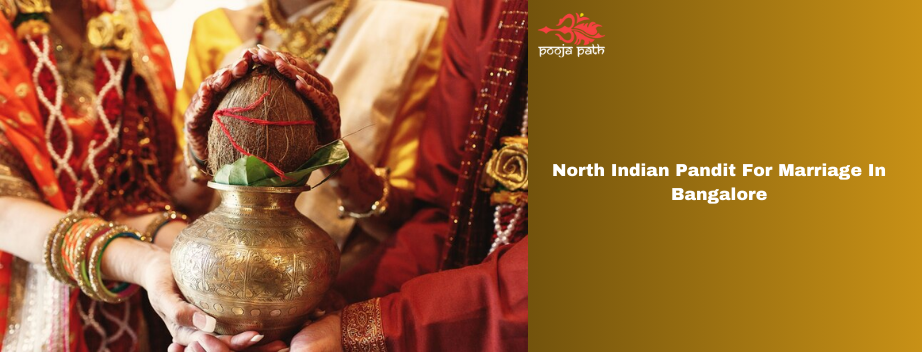
.png)
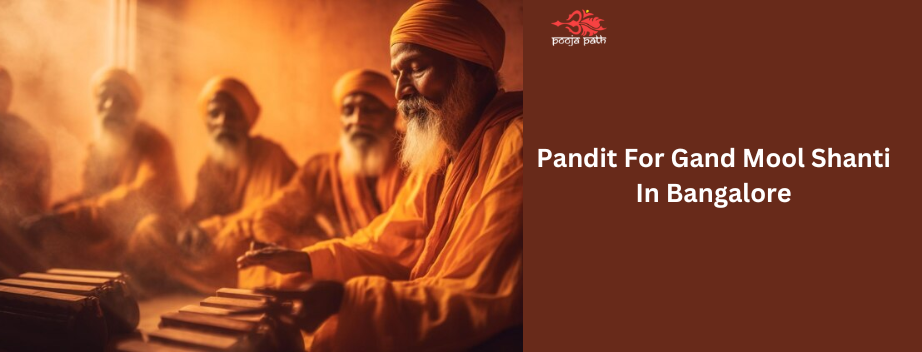



.jpg)
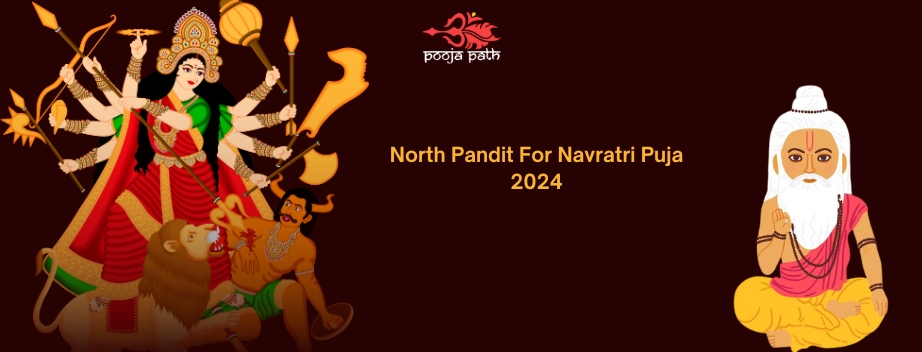
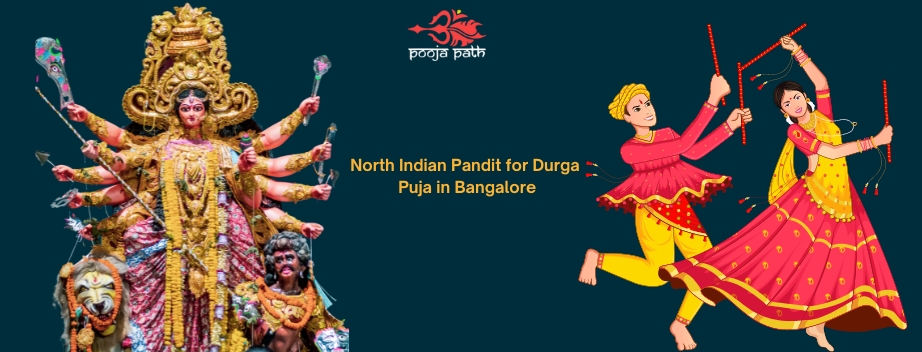

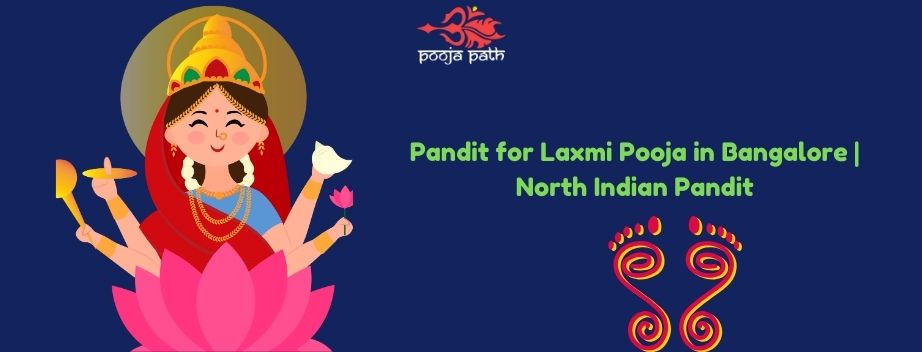






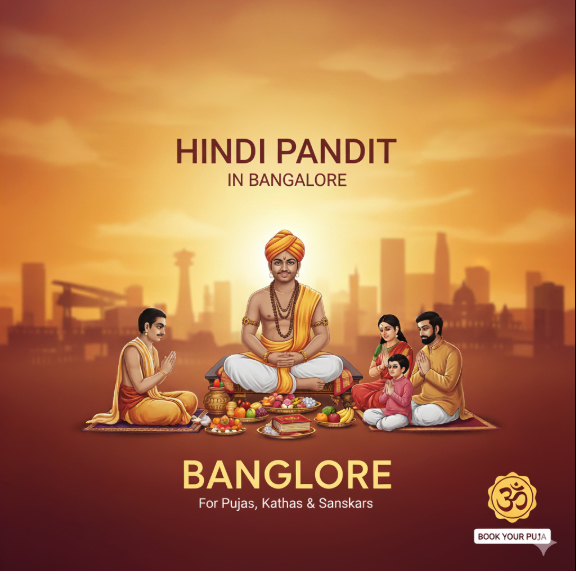
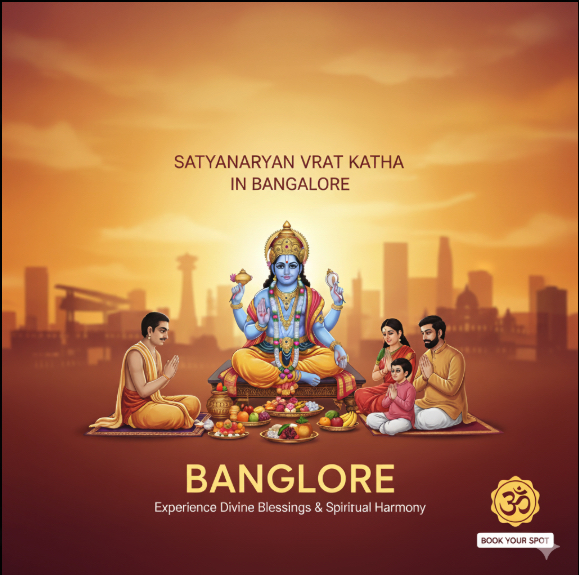

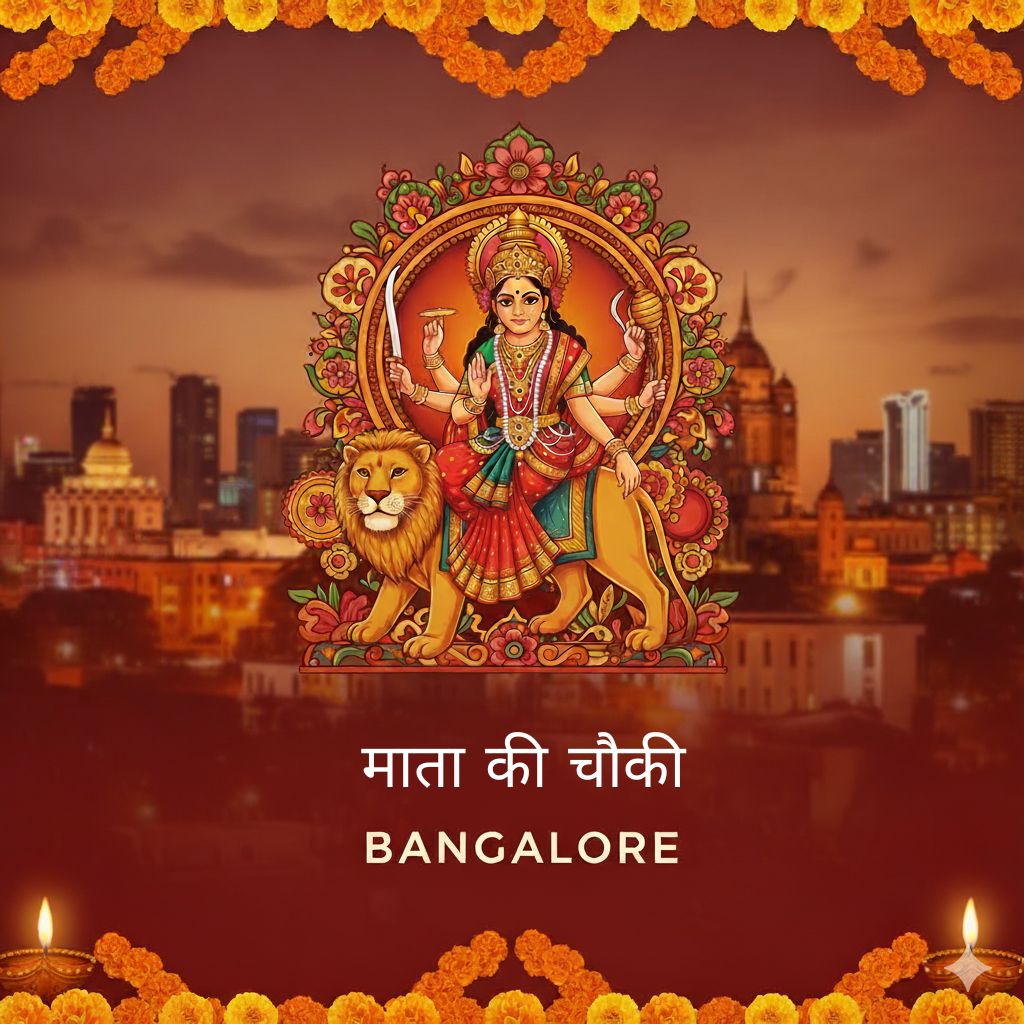



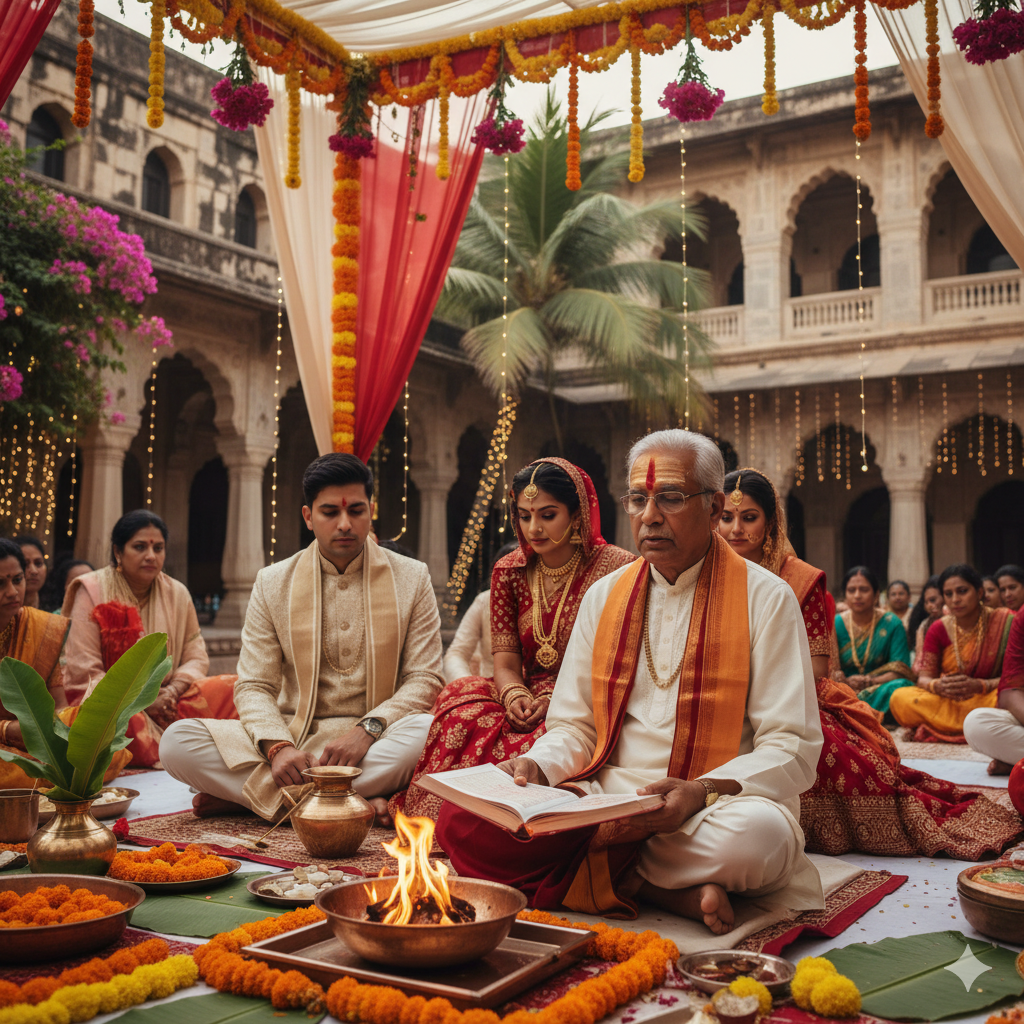
















Leave a Comment